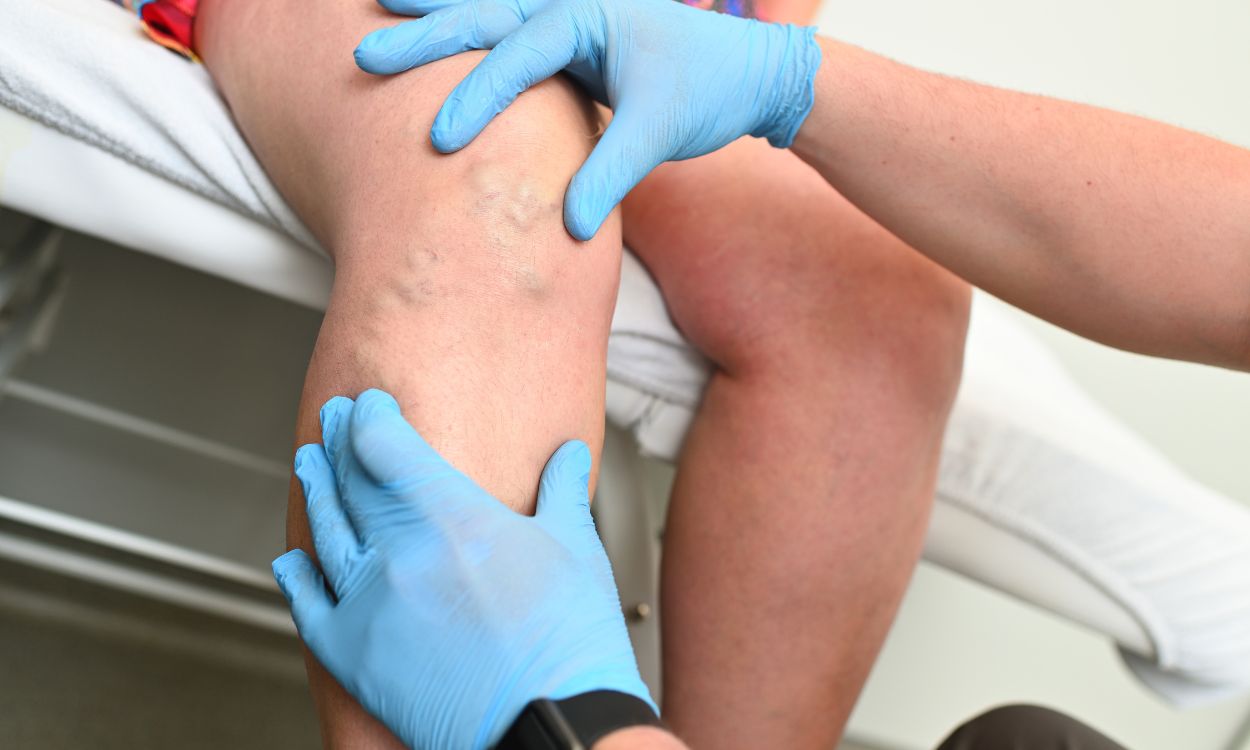First Aid for Heat Edema: Relief and Prevention
Introduction:
Summer is here, and with it comes the risk of heat-related illnesses. One such illness is heat edema, which is characterized by swelling in the legs, ankles, and feet due to prolonged exposure to heat. Heat edema is a common condition in India, especially during the summer months. In this blog, we will discuss the causes, symptoms, and first aid measures for heat edema. We will also provide tips on how to prevent heat edema and maintain good health during the summer months.
Causes of Heat Edema:
Heat edema is caused by prolonged exposure to heat, which causes the blood vessels in the legs to dilate. This dilation leads to an accumulation of fluid in the legs, ankles, and feet, resulting in swelling. Other factors that can contribute to heat edema include standing or sitting for long periods, pregnancy, and certain medications.
Symptoms of Heat Edema:
The symptoms of heat edema include swelling in the legs, ankles, and feet, which may be accompanied by a feeling of heaviness or discomfort. The affected area may also feel warm to the touch. In severe cases, the swelling may spread to other parts of the body, such as the hands and face.
First Aid Measures for Heat Edema:
If you experience symptoms of heat edema, there are several first aid measures you can take to relieve the swelling and discomfort. These include:
- Rest: If possible, elevate your legs above the level of your heart to reduce swelling. Lie down and rest until the swelling subsides.
- Cool Compress: Apply a cool compress to the affected area to reduce swelling and discomfort. You can use a cold pack or a wet towel.
- Massage: Gently massage the affected area to promote circulation and reduce swelling. Use gentle, circular motions and avoid applying too much pressure.
- Hydration: Drink plenty of fluids to stay hydrated and help flush out excess fluid from your body.
Prevention of Heat Edema:
Prevention is always better than cure. Here are some tips to prevent heat edema:
- Stay Cool: Avoid prolonged exposure to heat. Stay indoors during the hottest part of the day and use air conditioning or fans to stay cool.
- Stay Hydrated: Drink plenty of fluids, especially water, to stay hydrated and help regulate your body temperature.
- Exercise: Regular exercise can help improve circulation and prevent swelling. However, avoid standing or sitting for long periods.
- Wear Comfortable Clothing: Wear loose-fitting, breathable clothing to help regulate your body temperature and prevent swelling.
Conclusion:
Heat edema is a common condition during the summer months, but it can be prevented and treated with simple first aid measures. If you experience symptoms of heat edema, rest, apply a cool compress, massage the affected area, and stay hydrated. To prevent heat edema, stay cool, stay hydrated, exercise regularly, and wear comfortable clothing. By following these tips, you can stay healthy and enjoy the summer months without any health issues. Download the Fitpaa app to get personalized health and fitness plans to help you achieve your health goals and stay fit and healthy.











